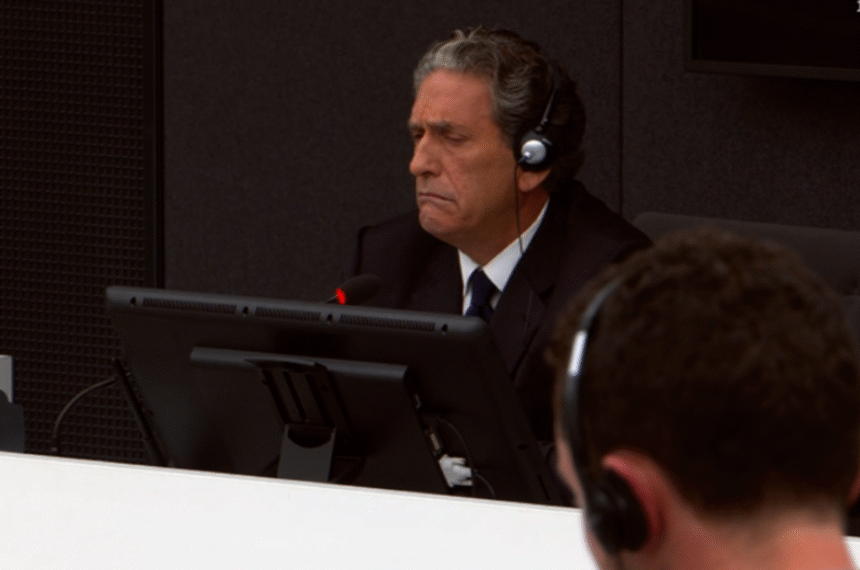James Rubin, former U.S. State Department official, continues his testimony today before the Kosovo Specialist Chambers in The Hague.
Yesterday, Rubin opened his statement by describing the initial U.S. perception of the Kosovo Liberation Army (KLA) in 1999, noting that it was at first viewed as an organization engaged in terrorist activities.
“Of course, with all the desire to be on the side of the angels, we did not want to support people involved in terrorist activities,” he said. Rubin added that the U.S. position changed after the KLA agreed to the Rambouillet Agreement.
Skepticism Toward UN Reports
Rubin expressed doubt about some reports from the United Nations, including a 1998 document alleging the abduction of Serb, Albanian, and Roma civilians by individuals believed to belong to the KLA.
“I was very skeptical of that report, as UN organs often failed to describe the situation in Kosovo accurately,” Rubin stated.
On Alleged KLA Killings and Media Reports
Rubin was questioned about a New York Times article from June 25, 1999, which claimed senior KLA commanders had carried out killings of rivals. He said he did not recall the article but voiced skepticism about its author, journalist Chris Hedges.
Criticism of the Specialist Chambers
Rubin criticized the prolonged detention of the accused, including former President Hashim Thaçi, who have spent five years in custody despite surrendering voluntarily.
“They surrendered voluntarily and cooperated with the prosecution. I don’t understand why they have been held so long. That troubles me,” Rubin said.
Thaçi’s Role and U.S. View
He emphasized that the KLA lacked effective command and control, but Washington regarded Thaçi as the political leader chosen by the Kosovo Albanians.
Rubin also revealed details of a June 1999 phone call between Thaçi and then-U.S. President Bill Clinton, where Thaçi pledged to respect minority rights despite the suffering endured by his people.
“Clinton’s security adviser Sandy Berger relayed that Thaçi had assured the president that, despite years of violence, they would not retaliate,” Rubin noted.
Finally, Rubin said it was “clear” that Thaçi had superiors from whom he needed approval before making major decisions.







